L-Carnitine Injection is a supplement commonly use in veterinary and athletic settings to support energy production and enhance endurance in animals. L-Carnitine is a naturally occurring amino acid derivative that plays a critical role in the metabolism of fats, facilitating the transport of fatty acids into the mitochondria, where they are converted into energy. This injection is beneficial for animals, especially those in high-performance or rehabilitation situations, as it aids in improving energy utilization, reducing fatigue, and promoting lean muscle mass.
Key Benefits L-Carnitine Injection:
- Energy Production: By supporting fat metabolism, L-Carnitine provides a steady energy source, which can be particularly valuable for animals in training or intense physical activities.
- Endurance Enhancement: For working or racing animals, L-Carnitine injections can help delay fatigue, enabling them to perform longer at their peak levels.
- Weight Management: L-Carnitine aids in fat burning and may help animals maintain lean body mass, making it beneficial for weight control in pets that are overweight or need to sustain muscle while losing fat.
- Heart Health: L-Carnitine has shown positive effects on heart health, helping to support cardiac function. Particularly in animals that may be prone to heart issues.
Administration and Dosage:
The dosage and administration of L-Carnitine injection vary based on the animal’s weight, species, and specific health goals. It is usually administered intramuscularly or subcutaneously under veterinary supervision to ensure precise dosage and monitor effects. Dosages should follow a veterinarian’s guidance to avoid potential side effects, especially in animals with pre-existing health conditions.
Applications:
- Athletic and Working Animals: For horses, dogs, and other animals engaged in high-level performance. L-Carnitine can improve stamina and physical output.
- Weight Management Programs: L-Carnitine can be part of a larger plan for weight management. Particularly in pets requiring additional metabolic support.
- Rehabilitation: Animals recovering from surgery or injury may benefit from enhanced energy production and lean muscle maintenance.
Considerations:
- Consult a Veterinarian: L-Carnitine should be administered only after consultation with a veterinarian, as improper use can lead to complications.
- Side Effects: Some animals may experience mild side effects, such as gastrointestinal discomfort. Always observe the animal post-injection to ensure there are no adverse reactions.
Conclusion:
L-Carnitine Injection is a powerful tool to boost energy levels, improve fat metabolism, and enhance endurance in animals. It’s an effective choice for athletic animals, those in recovery, and pets needing weight management. Promoting overall vitality and helping them reach peak performance.
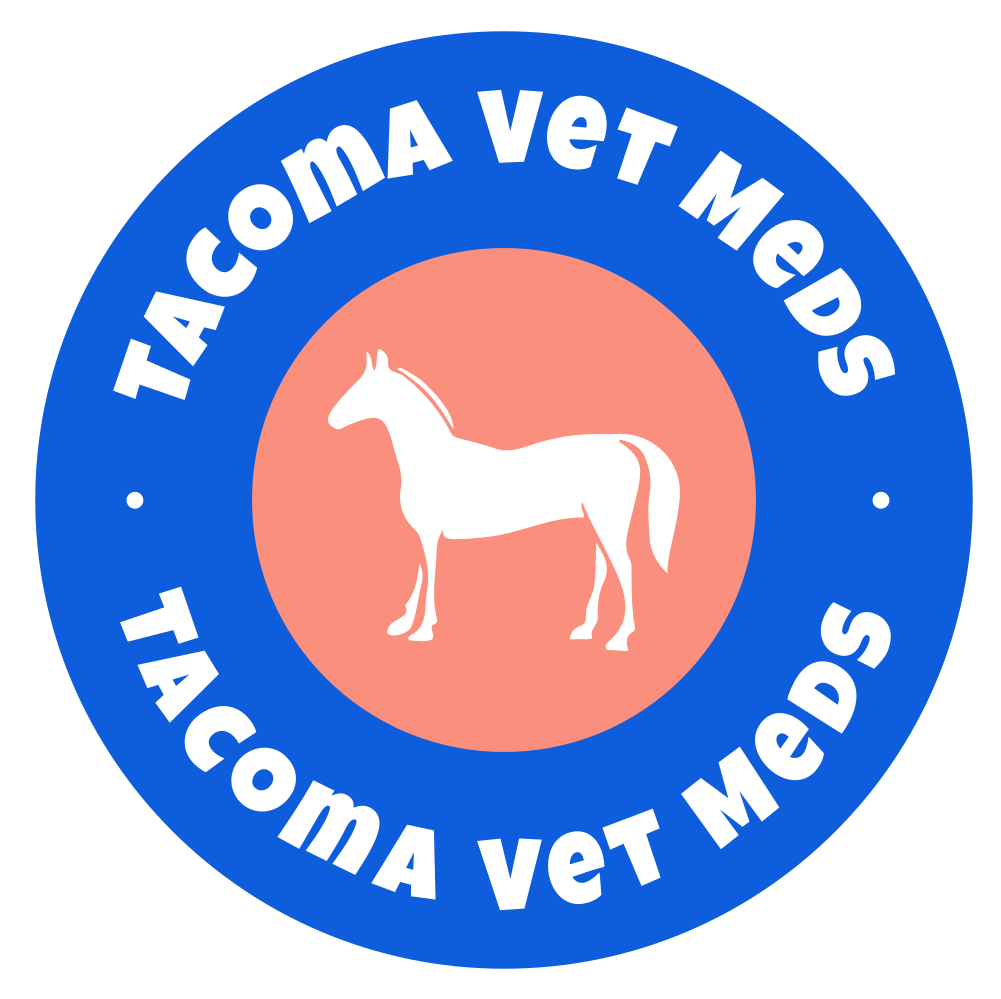

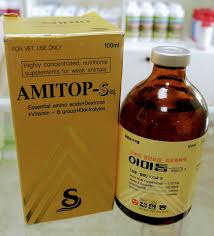
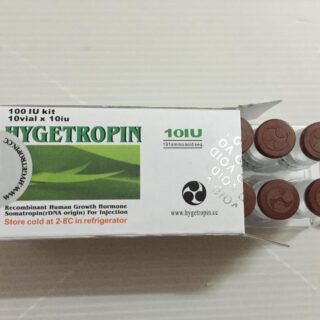


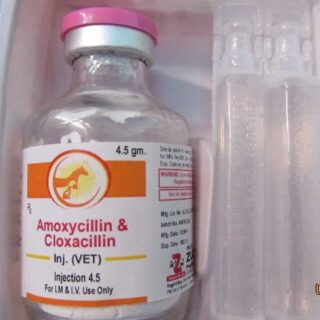
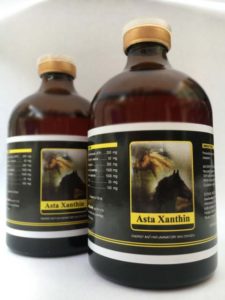


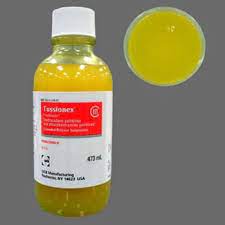

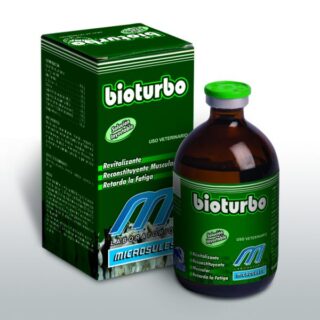



Reviews
There are no reviews yet.